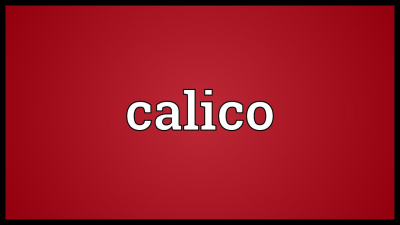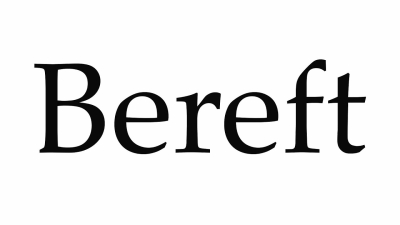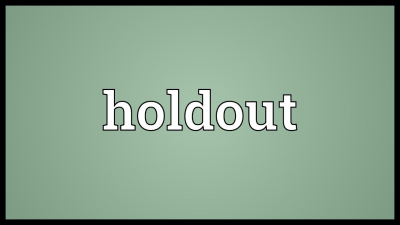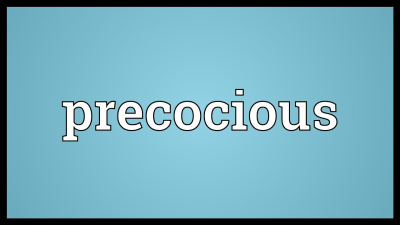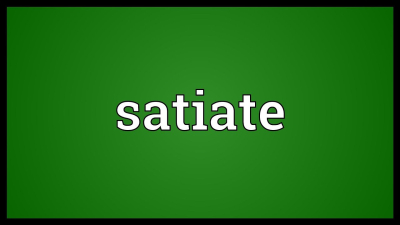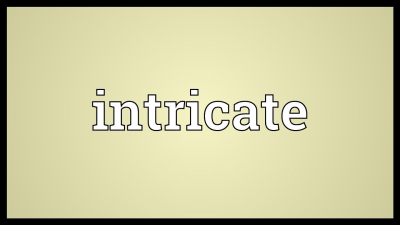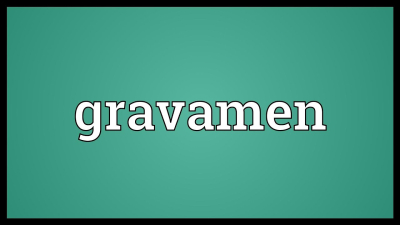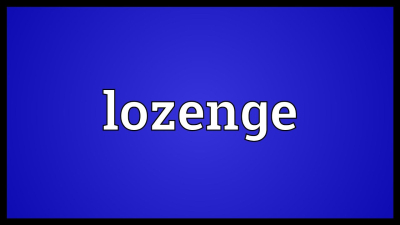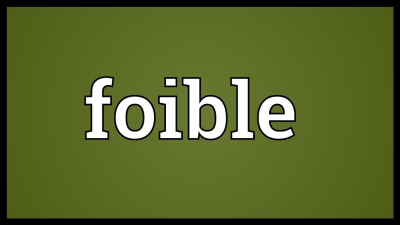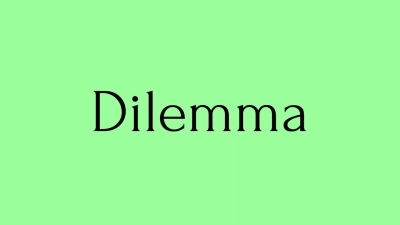What are the meaning, origin and usage of word ‘Dumbfounded’?
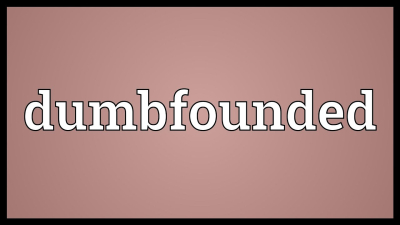
(pronounced duhm.fawnd.uhd
Meaning: The word dumbfounded is used to denote a sense of great astonishment or amazement.
Origin: The word has been in use from the 1680s and is the past participle adjective from dumbfound. The word dumbfound is arrived at by combining dumb with the ending from confound.
The word has steadily increased in usage in the last few decades and is enjoying its best popularity in the last 200 years.
Usage: The demonstration of the new gadget was so good that it left the gathered audience dumbfounded.
Picture Credit : Google
